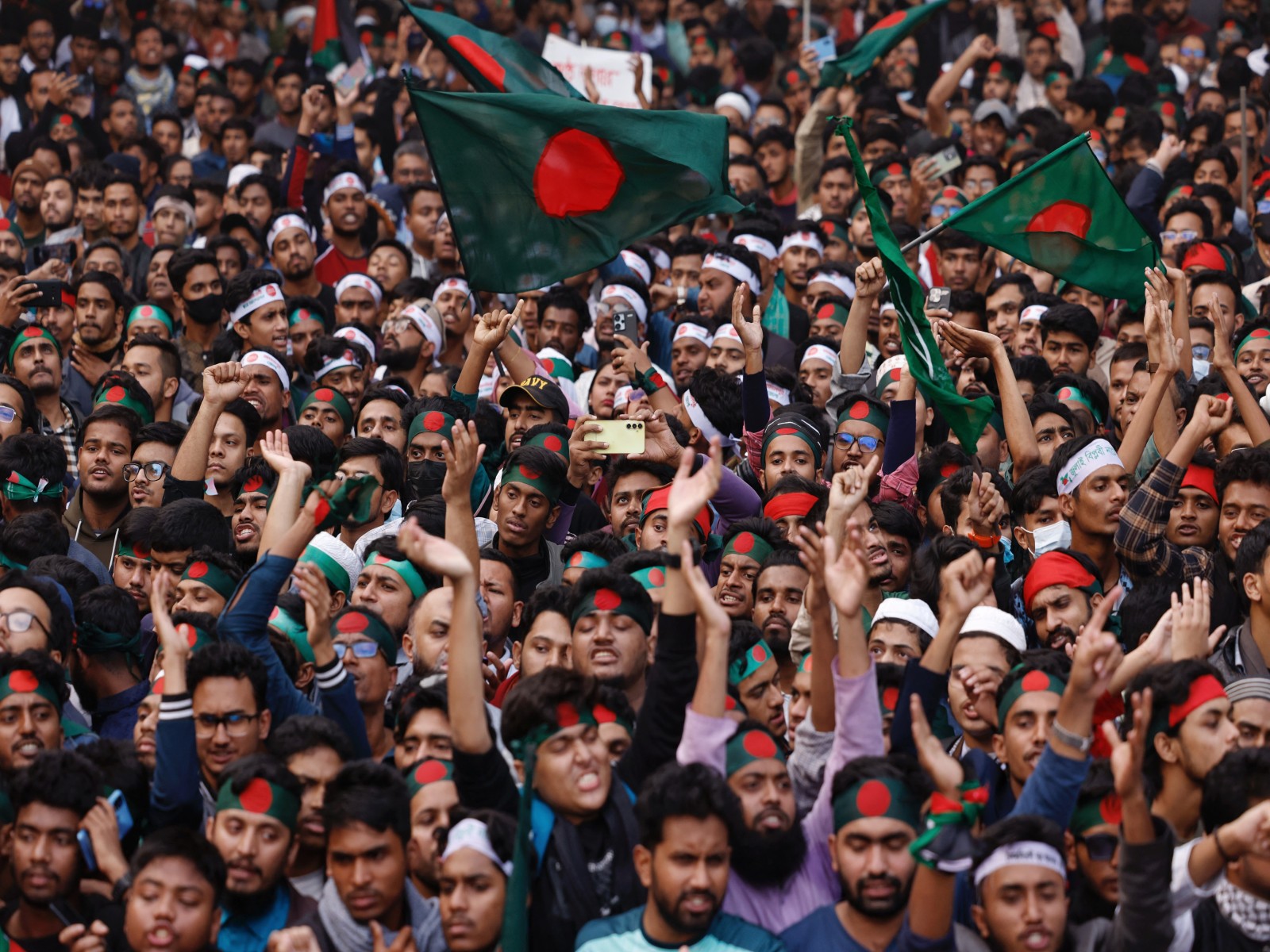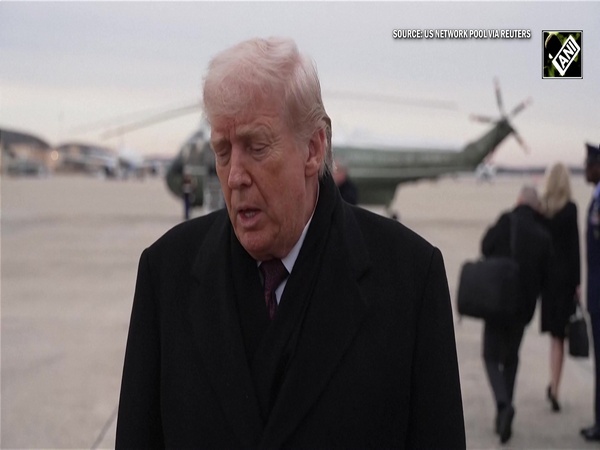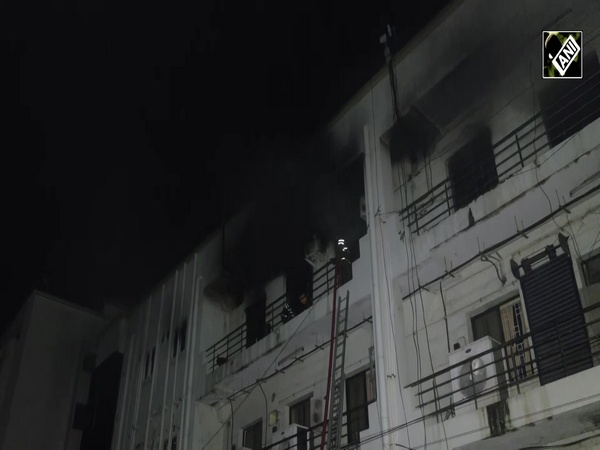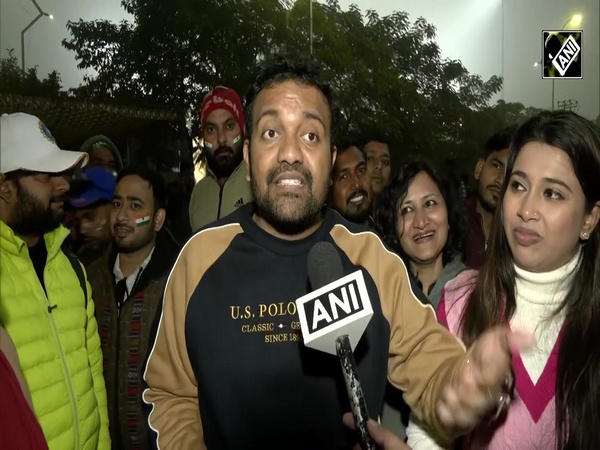China systematically suppressing Uyghurs, their culture: Report
Oct 22, 2021

Beijing [China], October 22 : China is systematically suppressing the Uyghurs and their culture that has drawn accusations of genocide in several Western capitals.
Alim Seytoff, writing in Radio Free Asia said that the Australian Strategic Policy Institute (ASPI) Report documents extensive grassroots policing of Uyghurs in Xinjiang.
The ASPI report titled "The Architecture of Repression: Unpacking Xinjiang's Governance" is the latest document presenting evidence of the ramping up since 2014 of systematic human rights abuses of Uyghurs and other Turkic minorities in the Xinjiang Uyghur Autonomous Region (XUAR).
The authors of the 80-page report reviewed thousands of Chinese-language sources, including leaked police records and government budget documents never before published, to map and analyze the mechanisms used by the Chinese government in the XUAR from 2014 to 2021, a period of mounting repression, reported Radio Free Asia.
"The project maps out and analyzes Xinjiang's vast and opaque bureaucratic structure that has operationalized the party-state's war on Uyghurs," tweeted report co-author Vicky Xiuzhong Xu, an Australian policy analyst and journalist known for exposing human rights abuses in China.
"Xinjiang's community-based control mechanisms are part of a national push to enhance grassroots governance, which seeks to mobilize the masses to help stamp out dissent and instability and to increase the party's domination in the lowest reaches of society," says the report.
The research -- funded by the UK Foreign, Commonwealth and Development Office -- sheds light on the implementation of five policies, including one the authors call the "Trinity" mechanism, to penetrate the everyday lives of Uyghurs in the XUAR at the grassroots level, said Seytoff.
Introduced at the beginning of a 2014 counterterrorism campaign in the XUAR and later implemented throughout the region, the 'Trinity' mechanism ensures that neighbourhood or village committee officials, police officers, and teams of officials who visit or occupy Uyghur homes co-manage every neighbourhood and village.
"In Xinjiang, the neighbourhood or village committee is the principal arbitrator of the re-education processes," says the report.
Th report further says, "During the Re-education Campaign, the Trinity mechanism holds at least two daily meetings: a 'morning dispatch' to assign home visits and 'investigations', and an 'evening evaluation' to decide what actions to take in response to those 'investigations', including whether any individuals should be sent away for re-education."
China has held up to 1.8 million Uyghurs and other Muslim minorities in a network of internment camps since 2017. Beijing says the camps are vocational training centers designed to combat extremism and has denied widespread and documented allegations that it has mistreated Uyghurs living in Xinjiang.
The four other policies are the use of police substations in Xinjiang neighbourhoods and villagers; a grid management system in which a local manager and other staff report potential problems in their communities; the compulsory Fanghuiju program in which the majority Han Chinese officials and sometimes civilians are mobilized to visit or occupy the homes of Uyghur families; and a program under which neighbourhoods grids are divided into micro-units of 10 households, reported Radio Free Asia.
The ASPI report says many Uyghurs come under suspicion after they are flagged by the Political and Legal Affairs Commission (PLAC), the Chinese Communist Party body responsible for the country's law-and-order system, including the XUAR's mass detention program, said Seytoff.
The PLAC manages the Integrated Joint Operations Platform (IJOP), a predictive policing system that officials use to assign millions of investigations, through the Counterterrorism and Stability Maintenance Command, a powerful new party organ born of the re-education campaign.
Police records from Urumqi indicate that the PLAC sends push notifications of "micro clues" via the IJOP to neighbourhood committees and police when irregularities are detected, such as Uyghurs having an unexpected visitor in their homes, driving cars that do not belong to them, receiving overseas phone calls, or using file-sharing apps, said Seytoff.
Dilshat Rishit, spokesman of the World Uyghur Congress based in Germany, said that ASPI's report is another document that "exposes China's horrific treatment and mass surveillance of the Uyghur people before the international community."
"It's clear that China cannot hide the fact that it's committing genocide and crimes against humanity towards the Uyghur people in East Turkestan," he told RFA, using the Uyghurs' preferred name for the XUAR.
"In light of the new report, we urge the international community to take proactive and effective measures, including sanctions, to hold Chinese officials responsible for their crimes and stop the ongoing genocide and crimes against humanity," said Dilshat.


















